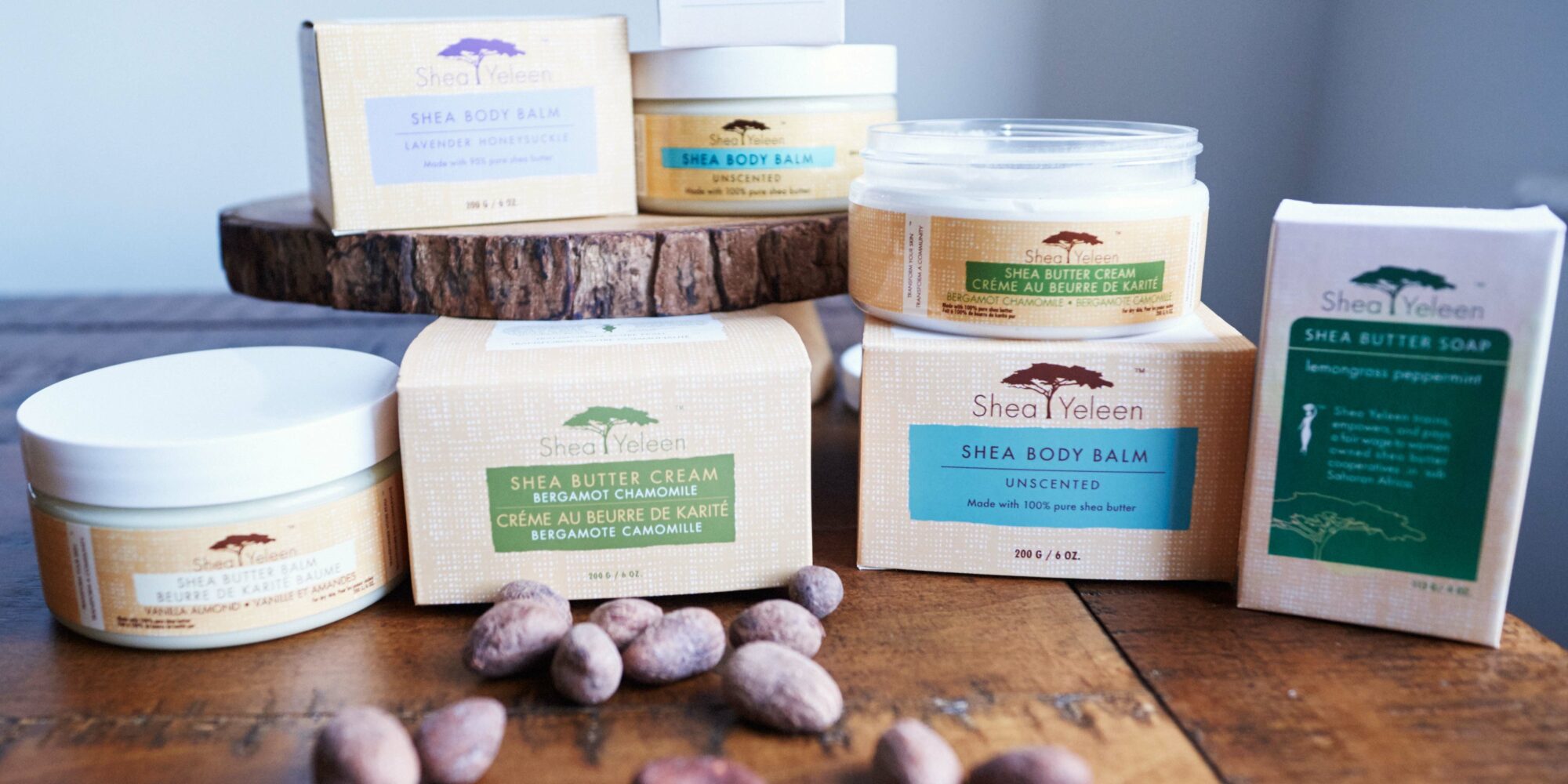
How Clean Beauty Retailers Are Trying To Fix Their Diversity Problems
In 2016, Gwyneth Paltrow literally published the book on clean beauty. That book, “Goop Clean Beauty,” recommended detoxing, seeing expensive dermatologists, improving gut health by curbing consumption of gluten, chlorinated water and food preservatives, and shopping for beauty products without ingredients like parabens and phthalates that have become well-known clean beauty bugaboos.
In a clean beauty segment that wasn’t crowded with megawatt celebrity spokespeople—Estée Lauder, where Paltrow previously had a deal, Chanel, Dior, Covergirl and Revlon had more to shell out for famous faces than comparatively piddly clean beauty brands—Paltrow became an authority. She helped define clean beauty as a healthy alternative to luxury conventional beauty with the aspirational, exorbitant and restrictive trappings of its predecessor. She embodied the category as a thin, wealthy white woman.
The merchandising of the beauty selection on Goop’s website followed suit with brands such as Vintner’s Daughter, Tammy Fender, Chantecaille, True Botanicals, Dr. Barbara Sturm and its namesake line. Speaking of the selection in Goop’s clean beauty book, Paltrow wrote, “We fill the shelves in the GOOP Clean Beauty Shop only from companies that are doing better by all of us.” The brands might do “better by all of us,” but they don’t come from all of us. Out of around 230 beauty and wellness brands carried by Goop, at most five have Black founders involved, including Karité, Golde and Unilever-owned Nyakio Beauty. The e-tailer didn’t respond to a request for comment.
Goop isn’t alone in having a dearth of Black-owned brands in its assortment. A review of online brand lists at leading clean beauty retailers revealed lineups dominated by white-owned brands. Out of the 45 brands listed on Follain’s website, one—Organic Bath Co.—has a Black founder. Out of the almost 150 brands Credo carries, four have Black founders: Beneath Your Mask, Unsun Cosmetics, Eu’Genia and EleVen By Venus Williams, which developed sunscreens in collaboration with the retailer. Out of the about 170 brands The Detox Market stocks, Black entrepreneurs helm five: Briogeo, Eu’Genia, Sade Baron, Karité and PiperWai. Black-owned Unsun Cosmetics, Golde and Biophile will soon be joining its flotilla of brands.
“The lack of diversity in beauty and especially clean beauty is appalling,” says Dorian Morris, founder of Undefined Beauty. After the Black Lives Matter protests demanding justice for George Floyd’s killing began in May, consumers and beauty industry insiders called out clean beauty retailers among companies in myriad of industries for their lack of diversity. Morris says, “This movement is the lifting of the veil because you can’t bring change without first recognizing the problem, but there’s a lot of work and heavy lifting ahead— and the onus is on you, not us.”
To begin to assess the problem, clean beauty retailers identified Black-owned brands within their assortments. They had never done so before. Asked via email if she previously knew the racial backgrounds of the founders of brands sold at Credo, COO and co-founder Annie Jackson, replies, “Not unless we met in person, but I do think that is what has been eye-opening. As a company, that was not something we considered because we are welcoming to everyone, but…it has made us think that we should intentionally carve out space for Black-owned brands. Let’s seek them out. Where we always thought we were totally inclusive, we maybe have unintentionally been unapproachable.”
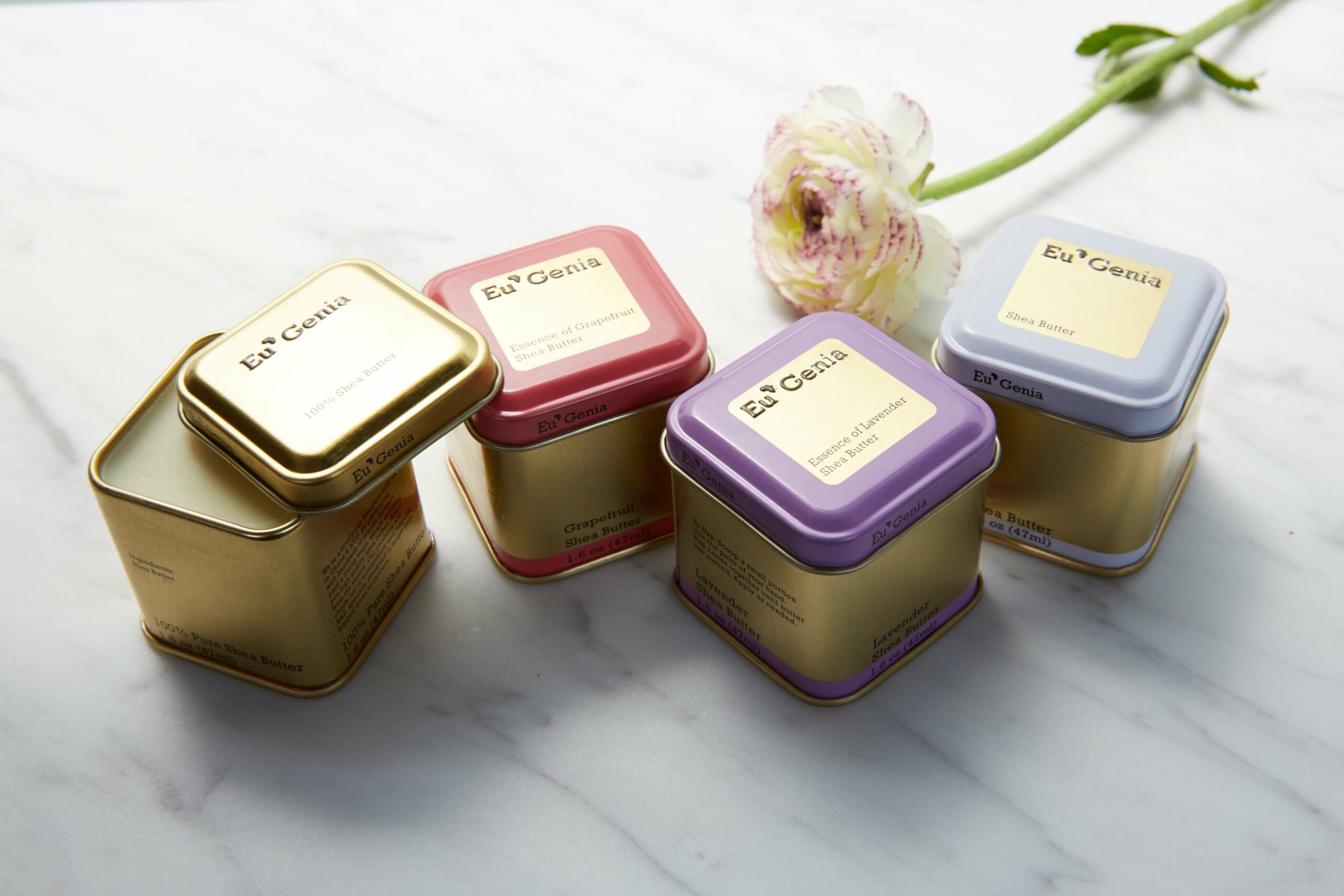
To Black clean beauty brand founders and shoppers, the lack of diversity at clean beauty retailers isn’t eye-opening. Preceding the recent protests, the clean beauty segment was engaged in a big conversation about shade inclusivity. Yet, progress has been slow. The sizes of foundation shade ranges aren’t perfect proxies for inclusivity, but, judging by them, clean beauty retailers fall far behind Sephora, where Fenty Beauty raised the bar for makeup inclusivity by launching 40 foundation shades in 2017 and made 40 shades an important industry benchmark. Clean beauty retailers don’t carry 40 shades of foundation from a brand.
“Let’s look at what LVMH did with Rihanna. There is no equivalent in clean beauty,” says The Detox Market founder and CEO Romain Gaillard, referring to Fenty Beauty being in the portfolio of LVMH Moët Hennessy-owned Kendo. “Now that clean beauty is becoming bigger and bigger, it would be great to do it and tackle this issue.” Credo appears to be tackling the issue. On social media, it has said it’s unveiling a foundation brand with 43 shades in August.
Unlike shade range inclusivity, inclusive brand rosters haven’t been a priority for clean beauty retailers—and they have acted accordingly. A lot of Black founders have pitched their brands to be a part of clean beauty selections at clean beauty retailers and other stores, only to be ignored or rejected. Of course, rejection and indifference isn’t unusual from retail buyers inundated by brand solicitations, but the reactions Black founders frequently receive their white equivalents don’t receive.
Funlayo Alabi, founder of Shea Radiance, has encountered an unofficial limit to the number of Black-owned brands on store shelves. She contacted one retailer upon noticing there was a gap in its collection for a product like her brand’s moisturizer. “What the buyer told me was, ‘We already have this product.’ I said, ‘What’s the name of the brand you have that’s doing it?’ I Googled the brand, and the only thing that this brand had in common with us was that the owner was Black, and we had shea butter as an ingredient,” says Alabi. “I told the buyer, ‘The only thing this brand had in common with us was that the owner was Black, and we had shea butter as an ingredient. We are doing different things. What you are saying is that you can only have one Black-owned brand.’ He was kind of taken aback. I don’t think he had malice intended.”
“The onus is on you, not us.”
Rahama Wright, founder of SheaYeleen, has also been turned away by retailers that have an existing shea butter-focused brand in their offerings. She says, “I think that there can literally be 1,000 white people selling the same exact thing, and it’s still OK, but, if there are two Black people selling something that’s similar, we have too many of the same things.” SheaYeleen is rebranding to Yeleen Beauty and broadening its focus beyond shea butter to help it gain access to the narrow retail space that’s been afforded Black-owned brands.
Clean beauty retailers have been receptive to Eu’Genia. Founder and CEO Naa-Sakle Akuete was pitching retailers with no luck for about a year in advance of reaching out to clean beauty stores. In 2016, Eu’Genia participated in the Sephora Accelerate program, and India Leval, VP of online merchandising at Sephora and Akuete’s mentor in the program, advised her to try clean beauty retailers. Her advice was advantageous.
“Annie Jackson at Credo actually opened my email on the first send, took time to speak with me within a week, and onboarded us later that same month,” recounts Akuete. “They were our first retailer and, so while it is super disappointing that there aren’t more BIPOC brands represented within clean beauty, as it relates to Eu’Genia, the delay was due to my relatively limited experience in the beauty space more broadly.” Currently, Eu’Genia is at Macy’s, Anthropologie and Urban Outfitters as well as Credo and The Detox Market, and Akuete sells the brand Mother’s Shea at Target, too.
In the four years since Eu’Genia entered Credo, clean beauty has matured and access to retail gatekeepers in the sector has become increasingly circumscribed. SheaYeleen and Shea Radiance are both available at Whole Foods regionally. Prior to Amazon’s 2017 purchase of Whole Foods, the grocer’s local buying infrastructure gave clean beauty brands several points of entry. Under Amazon, Whole Foods transitioned to greater centralized buying, pinching off points of entry. “You need to have access to the decision makers, and that’s where it gets tricky for minority businesses who maybe don’t have that immediate connection with a buyer,” says Alabi. “Whole Foods is definitely much better [than elsewhere], but it’s still challenging. I got in there because I had a friend who knew a friend who knew a friend who knew a buyer there.”
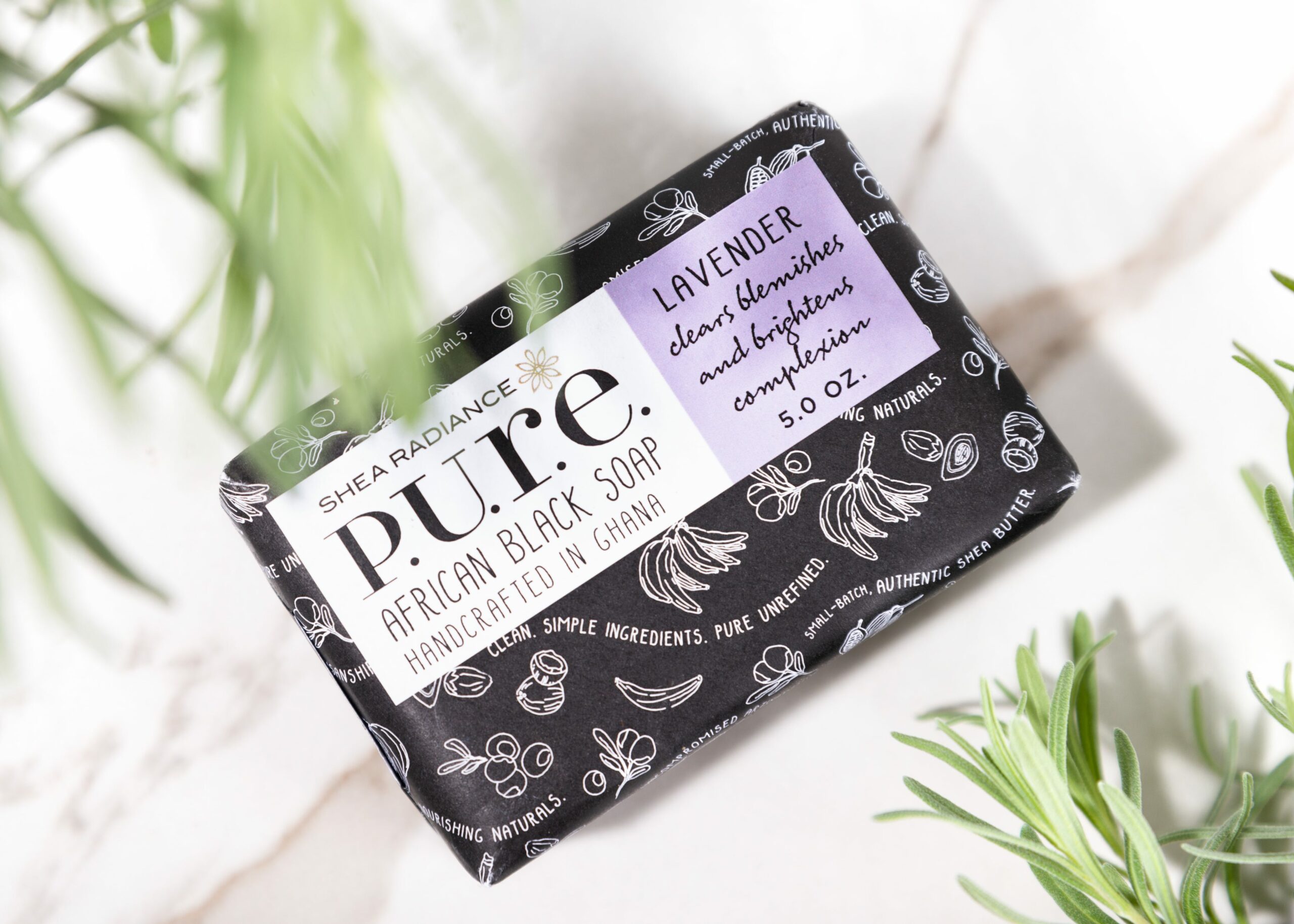
Whole Foods wasn’t a haven for Black beauty brand founders even in its pre-Amazon era. Wright recalls being the sole Black attendee at a vendor appreciation event the grocer held. “I was the only person of color, not just the only Black person. There were no Asians. There were no Hispanics. In those events, you are unfortunately exoticized. You become this thing almost,” she says. “When you are the only person of color surrounded by white people. It makes you feel even more like an outsider.” Discussing Whole Foods, which SheaYeleen broke into six years ago, she continues, “For a clean beauty brand with social impact, 100% I don’t know where else I could have gotten into retail. I feel like it’s an amazing opportunity and starting point, but, when you are starting to scale and grow, it’s much more difficult than going to Sephora or Ulta.”
The maturation and sales potential of the clean beauty category has attracted entrepreneurs with strong beauty industry resumes. Although common clean beauty brand origin stories remain—e.g., moms realizing they don’t want to slather themselves or their babies in synthetic formulas, so they make their own plant-based options—they’re becoming less standard. Instead, new clean beauty brands are being established by seasoned beauty executives sensing market opportunities. (See Alison Haljun and Christin Powell of Kinship, Alisa Metzger of INNBeauty Project and Amy Zunzunegui of WLDKAT.) While there are definitely Black clean beauty brand founders with substantial beauty industry track records—Morris’s career has wound through Coty, Sundial and Kendo, and Bread Beauty Supply’s Maeva Heim had stints at L’Oréal and Procter & Gamble—beauty conglomerate executive teams aren’t bastions of diversity, making the clean beauty entrepreneurs that have been incubated at them not diverse as a result. Black brand founders without extensive beauty industry relationships fight an uphill battle against founders tied into the beauty industry ecosystem.
Wright argues retailers should look for brands outside of their usual circles. “Retailers have to expand their pool in terms of product discovery. This is why I firmly believe that having an advisory council setup of Black brands and POC brands can help retailers with discovery and exposure to up-and-coming brands,” she says. “Yes, buyers have a lot on their plates and a fire hose of brands constantly trying to get their attention, but they need to be willing to make an additional effort to learn more about diverse brands.”
Clean beauty retailers seem to grasp that they have to widen the scope of their scouting to diversify their brand founder arsenals. “Today, we use an online system meant to assist our buyers in the volume of submissions they receive and it ensures that a brand founder is able to communicate the differentiation of their brand, positioning, ingredients, etc. Race was not part of the equation. We now think this needs a total overhaul,” says Jackson. “We need to figure out a different way so brands looking to be considered for Credo are evaluated more holistically. We are still determining the best way to do this for the amount of brands that submit compared to the size of our team.”
“Retailers have to expand their pool in terms of product discovery.”
Black beauty industry experts stress it’s not simply about the scouting process. The people scouting are critical. Robyn Watkins, founder of Holistic Beauty Group, says, “People can donate money and make statements, but you have to fix your own house. If you want to have an inclusive retail environment, you have to have those voices at the table who can make recommendations from their lens.” Turning to a personal example, Tanya Hart, director of Diadem Business Consulting, says, “I’ve got a consultant, and she’s Danish Somalian. So, she’s mixed race, and she uses halal beauty. Even though I’m Black, if I didn’t have her on my team, we would never talk about halal beauty. Because I’ve never experienced it, I wouldn’t know where to start on it.”
Clean beauty retailers have made commitments to diversifying their workforces. The Detox Market has said it will improve hiring, professional training and career advancement practices for Black, Indigenous and people of color, and seek diverse job candidates for openings in the full range of positions, including those in leadership. In an inclusivity oath posted on its site, Follain says, “We will deliberately and proactively source diverse candidates for all future open roles across the organization, from internships to leadership positions.” In addition, the retailer promised to expand its influencer partnerships to boost inclusive content. Follain and The Detox Market have committed to regular trainings to expose their biases. Gaillard says, “For me, this conversation of how you move from being non-racist to being actively anti-racist is the most important part.”
Access without investment will inhibit the achievement of diversity goals. A persistent wealth gap between white and Black Americans, and elevated denial rates for Black loan applicants compared to white loan applicants make it more difficult for Black brand founders to amass the money needed to make retail rollouts successful. Lake Louise, founder of Plain Jane Beauty, says she’s stuck to spas, small boutiques and the brand’s site due to the lofty costs of retail. She elaborates, “We felt the competition on the shelf and the requirements, from the display units to the sampling, was just too high maintenance.”
Follain and Credo have agreed to the 15% Pledge created by designer Aurora James to urge retailers to dedicate at least 15% of their shelf space to Black-owned brands. Follain and The Detox Market pledge to dedicate at least 20% of their shelf space to brands from Black, Indigenous and people of color founders. The Detox Market is allotting $1 million over the course of four years to launch and accelerate brands from Black, Indigenous and people of color founders through its The Launchpad program. A submission form for The Launchpad is on its site. Jackson is mentoring brands in participation with Clean Beauty Summer School, program that will culminate in a Black-owned beauty startup winning $10,000 from the New Voices Foundation. Credo has kicked off mentoring platform Credo For Change to aid Black beauty entrepreneurs in navigating product development, clean ingredients, packaging choices, marketing and fundraising.
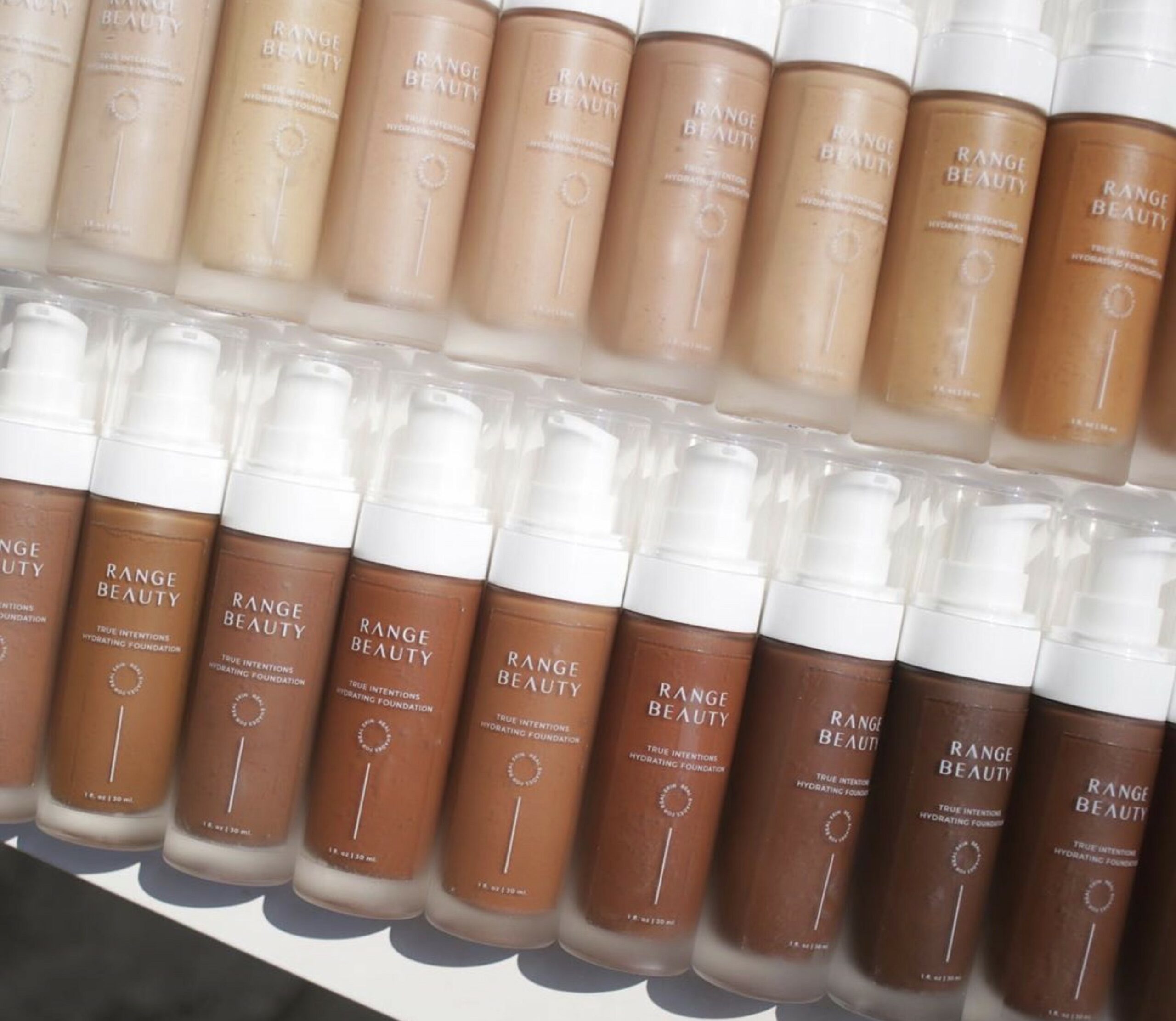
“Retailers need to understand you can’t just put a brand like mine on the shelf and think that solves things. With many Black-owned brands, founders are not receiving investments at the rate of White-founded brands. We’re often completely bootstrapped and so may not have the marketing power as the brand next to us or the capital for mass inventory,” says Range Beauty founder Alicia Scott. “There should be a review of what can be done to help indie brands succeed on the shelf. This could mean waiving certain fees for the first year, giving a marketing allowance for the first year, signing guarantee notes for brands to give to their manufacturers, whatever can be done to help these brands prove themselves so they aren’t booted from the shelves after one try due to lack of resources and not product quality.”
Sources tell Beauty Independent clean beauty retailers are shaving margins, vowing marketing support and dropping prolonged net terms in favor of pre-paying for purchase orders to a with cash flow to secure Black-owned brands for their shelves. “Until now, the majority of brands that have been launched were white-owned and attracted most of investment capital. We have to shift this dynamic and ensure that minority founders have equal access to capital. How do you fix that? It is going to take energy and time, but the great thing is people are ready for it,” says Gaillard. He insists initiatives can’t be fleeting. Gaillard says, “Building a brand takes years and years. How do you really invest in the long term in marketing and give more visibility? That’s how the changes will happen.”
On top of money, Watkins suggests retailers “get in the kitchen” with Black founders. Clean beauty retailers have shepherded brands such as Alpyn Beauty in their nascent stages to enhance their chances at being hits on their shelves. Watkins says, “If they see they have a great product, but perhaps the packaging is not where it should be, they can say perhaps you should do this or see this consultant. Give feedback because that’s really important.”
She’s hopeful the spotlight on Black-owned beauty brands will transform the clean beauty landscape. “There are certain brand founders that have done great things and have great products, and this is their moment to expand and level up. I think it will bring new consumers into these retailers that they didn’t have before, and it will give them more credibility,” says Watkins. “Ten years down the road, it will actually be an inclusive environment, and they can look at other diversity sets. It’s not just Black founders. There’s a lot of work to do.” Alabi emphasizes retail buyers “are actually leaving money on the table from their Black sisters. The solutions we are proposing will be good for everybody.”
KEY TAKEAWAYS
- The number of brands owned by Black founders selling at clean beauty stores is very low. Out of around 230 beauty and wellness brands carried by Goop, at most five have Black founders involved, including Karité, Golde and Unilever-owned Nyakio Beauty.
- When pitching retailers, Black brand founders often encounter an unofficial quota for Black-owned brands. If there's already a Black-owned brand featuring a certain ingredient or in a certain category on the shelf, they frequently get rejected.
- Follain and The Detox Market have pledged to dedicate at least 20% of their shelf space to brands from Black, Indigenous and people of color founders. Credo has signed onto the 15% Pledge to commit at least 15% of its shelf space to Black-owned brands.
- Black beauty industry experts and entrepreneurs say diverse workforces are crucial to creating representative brand rosters. Robyn Watkins, founder of Holistic Beauty Group, says, "If you want to have an inclusive retail environment, you have to have those voices at the table who can make recommendations from their lens.”
- Clean beauty retailers have made commitments to diversifying their workforces by considering diverse applicants across the full range of positions.
- Access to retail gatekeepers is only one part of the equation. Faced with funding disadvantages, Black-owned brands need financial support to be successful at retail. Sources tell Beauty Independent that clean beauty retailers are trying to ease the financial burdens on them by shaving margins, vowing marketing support and dropping prolonged net terms in favor of pre-paying for purchase orders.
- The Detox Market has introduced The Launchpad program to launch and accelerate brands from Black, Indigenous and people of color founders. It's dedicated $1 million over four years to the program. Annie Jackson, COO and co-founder of Credo, is mentoring brands in participation with Clean Beauty Summer School, program that will culminate in a Black-owned beauty startup winning $10,000 from the New Voices Foundation. Credo has kicked off mentoring platform Credo For Change to aid Black beauty entrepreneurs in navigating product development, clean ingredients, packaging choices, marketing and fundraising.
- Diversifying brand rosters can help clean beauty retailers reach audiences they've yet to reach.



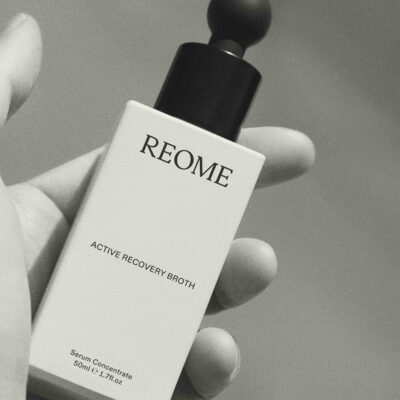
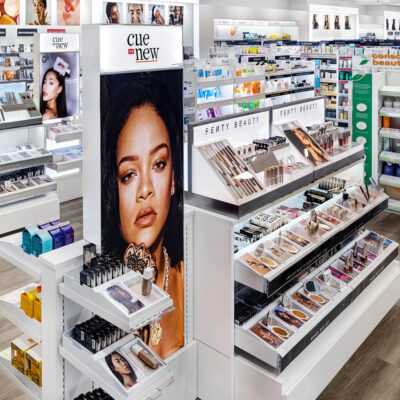
Leave a Reply
You must be logged in to post a comment.